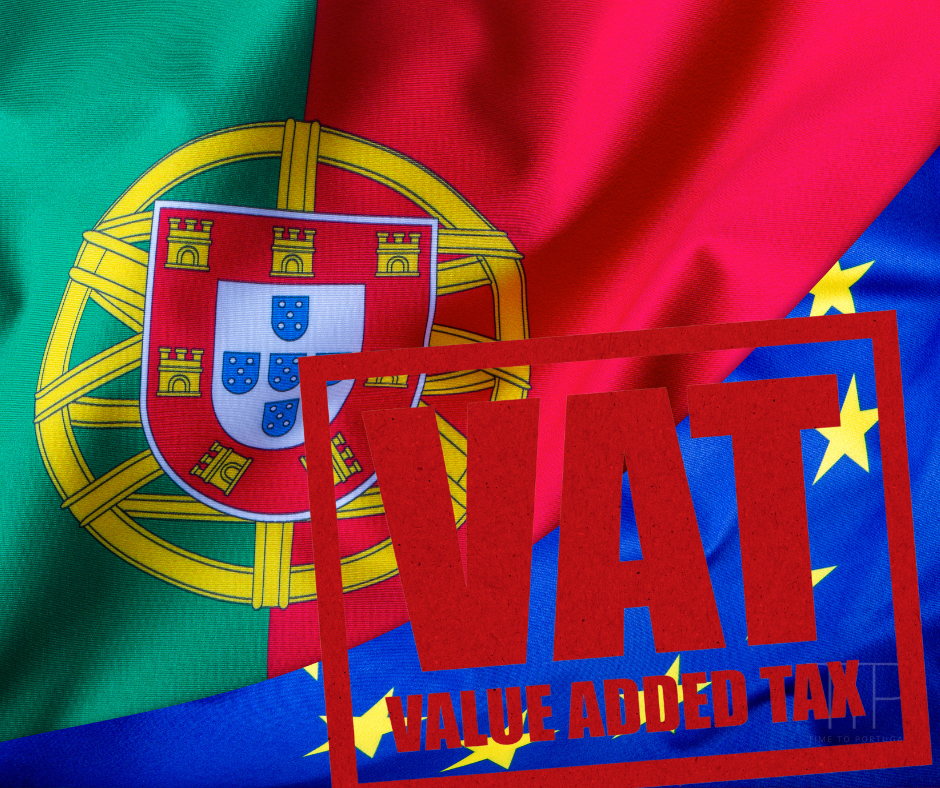The government, armed with an abnormally high level of tax revenue (because it gained from the first phase of inflation), decided to “give back” part of the gain to consumers through zero VAT.
The zero VAT (0%) measure, which comes to an end today, January 4, was designed and came into force on April 18 of last year, when the great tsunami of inflation covered the Portuguese economy (and others throughout Europe and the world), taking root in the prices of goods and services, most severely in the prices of food and basic necessities.
Overall, the eight and a half months during which zero VAT was in force may have meant an overall tax relief of 550 million euros, if the government’s figures are correct. That’s theoretically 55 euros less in VAT per inhabitant (around ten million people), according to Dinheiro Vivo (DV).
Between the start of Russia’s war against Ukraine in February 2022 and September of that year, the price of a barrel of Brent oil exceeded and persisted for most of the time at levels that exceeded 100 dollars per barrel.
Consumer price inflation, which at the end of 2021 was below 3%, skyrocketed to levels never experienced since the Eurozone existed, breaking through the 10% barrier in October 2022 and persisting above 7% until March 2023.
The situation dissipated somewhat towards the end of 2022, but the much higher prices ended up taking root in the economy, as producers reflected the increased costs (energy, production components, other raw materials) and distributors tried to maintain high business margins, which were reflected, as we know, in higher profits and abnormally high tax revenue from which the state benefited (via VAT, above all) in the first phase of this inflationary crisis.
As mentioned, faced with extremely high inflation, which in March 2023 stood at over 7%, the government, armed with an abnormally high level of tax revenue (because it gained from the first phase of inflation), decided to “return” part of this gain to consumers through the zero VAT measure.
In March 2023, the government asked the Portuguese Parliament (where it had an absolute majority), “as a matter of urgency, to apply a 0% VAT rate to a defined basket of foodstuffs for a period of six months”.
According to Prime Minister António Costa, “the basket of foodstuffs in question was defined on the basis of health criteria and the consumption patterns of families in Portugal, based on a combination of two criteria: 1) products whose consumption is recommended by the Directorate-General for Health; 2) products most consumed by families in Portugal.”
In the pact signed in the meantime with the food companies, “distribution undertakes to reduce the price of food goods by fully reflecting the elimination of VAT (not incorporating the tax reduction in the commercial margin)”.
And the production sector “undertakes to reflect the support in the prices of exempted goods, taking into account the natural production cycle and to stabilize (or reduce, where possible) ex-farm prices,” said the Prime Minister, quoting the Pact signed with the entrepreneurs.
The measure that exempts a basket of 46 essential foods from VAT came into force on April 18, 2023 and was initially scheduled to last until the end of October, but was then extended until the beginning of this year (January 4, 2024).
Among the 46 food products that, until today, were temporarily exempt from VAT (they were taxed at 6% and went to 0%) are bread, potatoes, pasta, rice, cow’s milk, yogurt, cheese, apples, bananas, oranges, beans, grain, onions, tomatoes and many other so-called basic foods.
According to Finance Minister Fernando Medina, the first phase of zero VAT (April 18 to October 31, 2023) would cost the public coffers around 410 million euros (less revenue).
The extension of the measure for two more months (November and December and the first four days of January to give supermarkets time to change the prices on their shelves and computers) was budgeted at another 140 million euros.
In other words, these eight and a half months of zero VAT may have meant an overall tax relief of 550 million euros. That’s, theoretically, 55 euros less in VAT per inhabitant/consumer in Portugal.
Related read: Portugal closes the year with inflation at 1.4%

